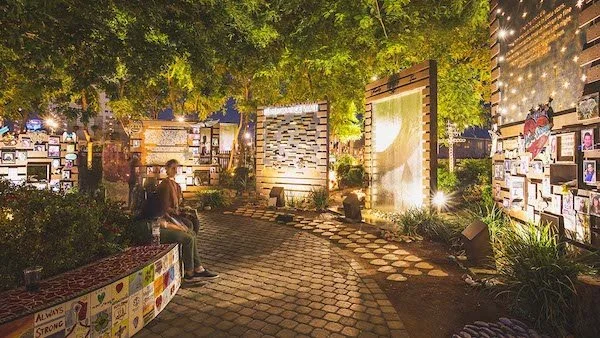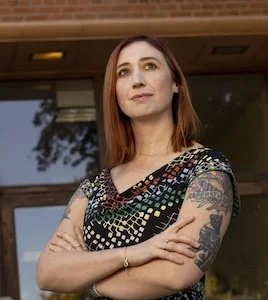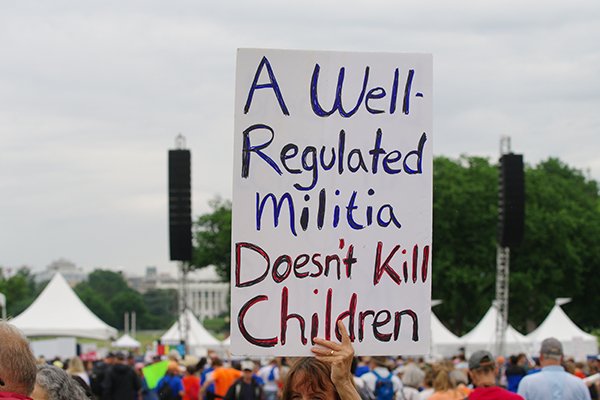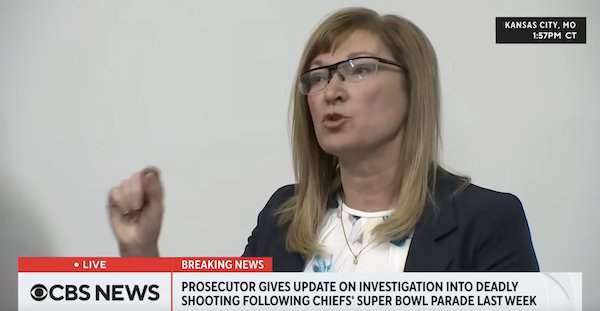Lethal Weapons
America is addicted to guns — and gun capitalism.
Last year, there were 645 mass shootings in the United States, according to the Gun Violence Archive. In the latest major tragedy, at the Kansas City Super Bowl parade, one person was killed and 22 others — half of them children — suffered gunshot wounds. But here’s something you may not know: since then, there have been another 26 mass shootings. Historian Andrew McKevitt and sociologist Jennifer Carlson join Will for a conversation about the history, politics and economics of America’s deadly gun culture.
After World War II, McKevitt says, Americans found themselves with more income and leisure time than ever — and a new group of gun capitalists moved in for the kill. Actually, he says, gun makers and the federal government alike fostered new markets, anxieties and incentives for firearms ownership, fundamentally changing the country’s relationship with these lethal weapons. Carlson, meanwhile, maps out the political landscape that emerged in the mid-20th century and continues to influence the debate over gun violence today. In her fieldwork among gun sellers and buyers, she observed how attitudes about firearms become entrenched in uncompromising political allegiances.
And until Americans come to terms with the contradiction between their obsession with guns and their widespread desire to stop the madness, McKevitt and Carlson both say, mass shootings will not abate.
Heard on the show
In our intro, we dropped some news clips about the Feb. 14 Kansas City shooting. These included three broadcasts from CBS and its local affiliate, plus one from ABC News.
Coming soon!










